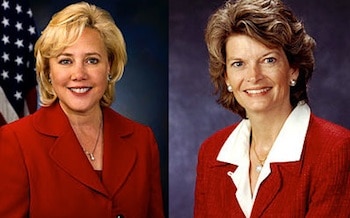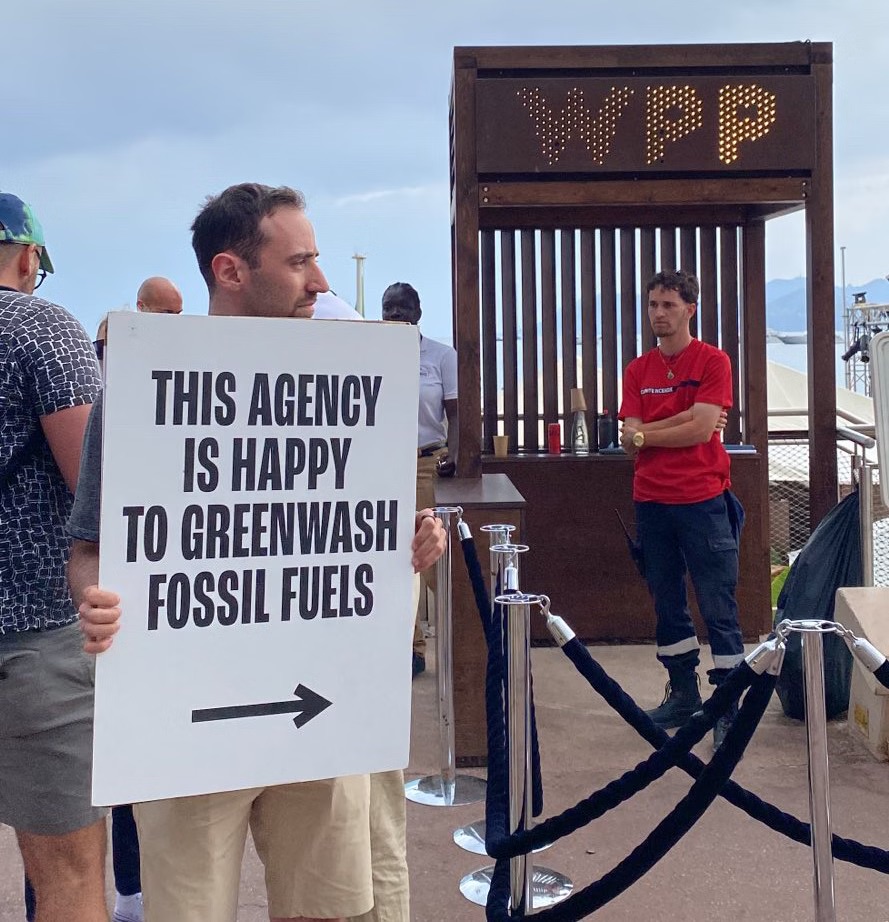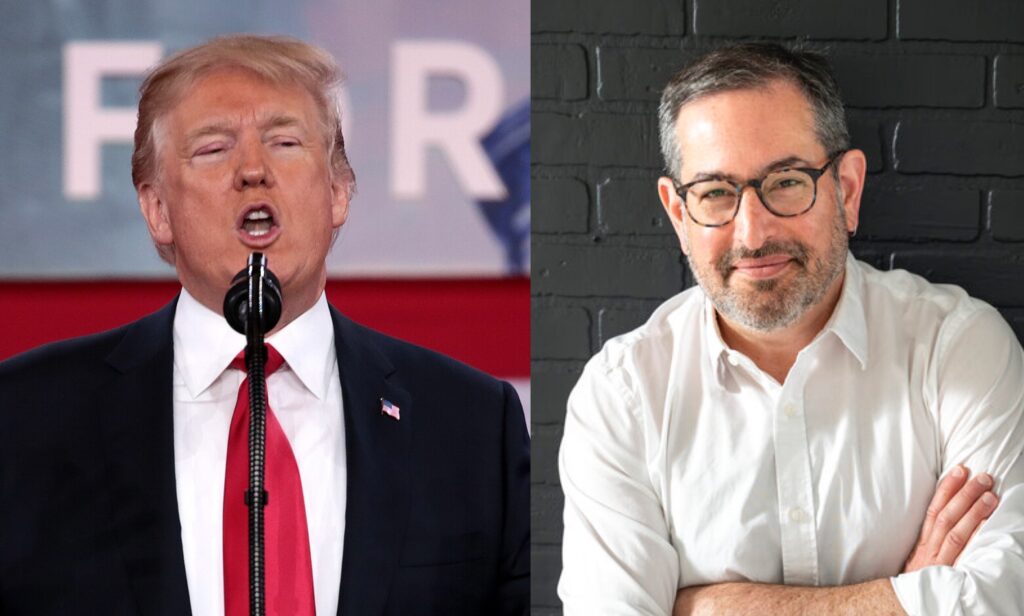The two ranking members of the Senate Energy and Natural Resources committee signaled they are prepared to introduce legislation to lift the ban on U.S. oil exports. Senators Mary Landrieu (D-LA) and Lisa Murkowski (R-AK) said that they would consider introducing legislation if President Obama does not otherwise lift the export ban.
Landrieu will take over as head of the Energy Committee soon, as current Chairman, Senator Ron Wyden, will be taking over a different committee.
Landrieu and Murkowski’s rhetoric is eerily similar to the case that the oil industry made for itself back in December, when ExxonMobil called on the government to lift the export ban so they could sell American crude for a higher profit overseas.
This “dirty duo” of Senators is clearly acting on purely selfish motivations. To begin with, both represent states that stand to benefit greatly from an increase in exports, as both Alaska and Louisiana are coastal states with deepwater ports. Furthermore, they have both received millions of dollars from the dirty energy industry over the course of their careers: Landrieu has received more than $2.3 million while Murkowski has pulled in $1.8 million.
Lifting the ban would greatly benefit the industry that helped put the dirty duo in office.
Landrieu said this week that she hopes there can be “sensible policy based on facts.” However, judging from the sharp tone that she and Senator Murkowski have used towards the issue, it’s clear that they’ve already made up their minds without taking the facts into consideration.
But those facts are still worth knowing.
The crude oil export ban has been in place since 1975, and was put into place by the Energy Policy and Conservation Act. The law was a response to the oil embargo of the 1970’s, and was meant to help prevent a sudden drop in oil supplies and the economic hardships that follow a fuel shortage in both lost production and increased fuel costs.
The only exceptions to the ban come from the President, who is allowed to lift restrictions if he believes it is in the country’s best interest. 91 “permits” for exports were granted in 2012 for a total export allowance of 5.3 million barrels a day. However, the majority of those permits went unused, resulting in 68,000 barrels of crude oil exports per day during the year.
Things in America have changed dramatically since the 1970’s, and oil production today has surpassed the wildest dreams of oil executives four decades ago. Thanks to the “fracking boom,” the dirty energy industry is awash in fossil fuels ready for burning.
While the Senate’s Dirty Duo and the oil industry are eager to lift the ban, the American public needs to understand that crooked politicians and industry shareholders will be the only ones who benefit.
The Center for American Progress (CAP) explains how consumers in America would be directly hit with higher costs from increased exports:
…Lifting the crude oil export ban could similarly raise gasoline prices because 68 percent of the price of a gallon of gasoline is the price of oil… Since the price of crude oil is the primary component of the price of gasoline, actions that raise the price of domestic oil should also raise the price of gasoline. Additionally, domestic oil exported overseas would be replaced by more-expensive imported oil, which could then be reflected in higher gasoline prices.
Our wallets will not be the only things vulnerable if the oil export ban is lifted. Our energy security would also be put in unnecessary peril, according to CAP:
Supply and demand changes reduced oil imports by 46 percent from 2008 to 2013. The less oil we import, the more secure our oil supply…Energy Information Administration (EIA) projects that U.S. oil and liquid fuels consumption will grow modestly from 2013 to 2019, when oil use will peak at 19.5 million barrels per day, or mbd—5 percent higher than last year. U.S. liquid fuels use will then slowly decline to 18.7 mbd in 2040, only slightly above the current consumption level. This means that our oil consumption will remain fairly level over the next three decades despite population and economic growth.
The demand for increased oil and gas exploration on American soil was sold to citizens under the guise of securing our “energy future” and reducing our dependence on “foreign oil.” Shipping our domestic crude overseas will only increase our dependence on foreign oil and leave us as vulnerable as we were during the fuel embargo in the 70’s.
All of this underscores the larger problem, which is that the United States appears to be doubling down on dirty energy instead of investing in viable, renewable alternative fuel sources. Unfortunately, the renewable industry doesn’t have the same kind of cash reserves as the dirty energy industry and they aren’t able to buy politicians.
Subscribe to our newsletter
Stay up to date with DeSmog news and alerts







